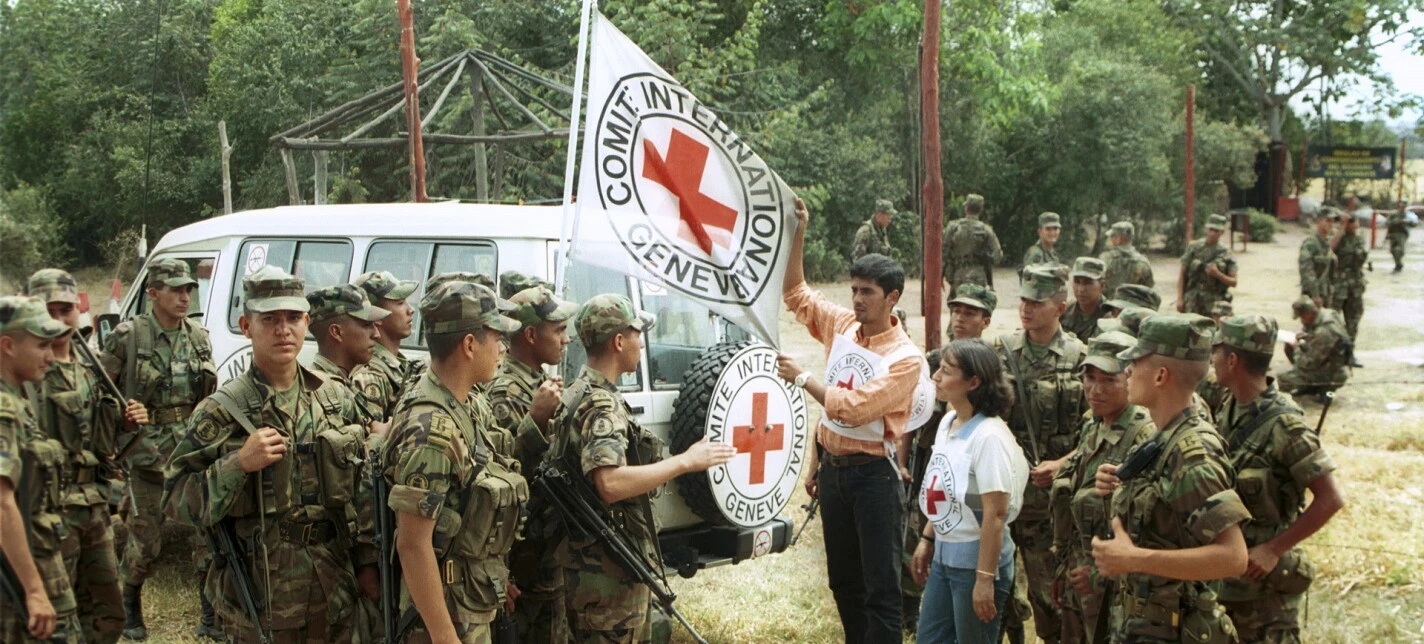The International Red Cross Movement


The International Red Cross Movement (the Movement) consists of the International Committee of the Red Cross, the International Federation of Red Cross and Red Crescent Societies, and the 191 National Societies worldwide.
Each has its own legal identity, but they are all united by the seven Fundamental Principles of:
- humanity
- impartiality
- neutrality
- independence
- voluntary service
- unity
- universality.
International Committee of the Red Cross (ICRC)
The ICRC was established in 1863. It operates worldwide and focuses on:
- Helping people affected by war and armed conflict.
- Promoting the rules of war – laws that protect victims of war.
- Responding to disasters in conflict zones,
- Responding quickly, which is often vital to limit suffering.
International Federation of Red Cross and Red Crescent Societies (IFRC)
The IFRC was founded in 1919, their work focuses on four key areas:
- Promoting humanitarian values.
- Disaster response.
- Disaster preparedness.
- Health and community care.
IFRC is the largest humanitarian network in the world and helps those in need, regardless of their nationality, race, religious beliefs, class, or political opinions. The IFRC focuses on humanitarian assistance of all types during both wartime and peacetime.
They coordinate and mobilise assistance for international emergencies, offer advice and promote cooperation between national societies and represent the national societies internationally.
National Societies
Nearly every country in the world has a Red Cross or Red Crescent National Society – there are 191 in all including the New Zealand Red Cross. The Fundamental Principles guide the work of the National Societies. Each National Society works to alleviate suffering within their own borders, and to work together with the Movement to protect and support those in crisis worldwide.
